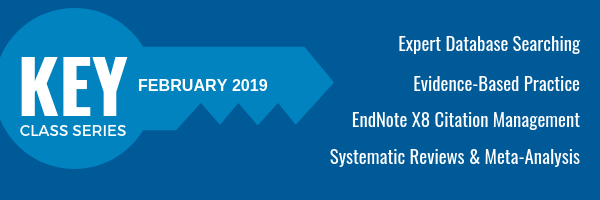
Attend any or all of the “Key Classes” of our most frequently requested topics! Classes are free, hands-on, and open to all faculty, students, clinicians, and staff of UT Southwestern Medical Center and the University Hospitals. Don’t delay: register now in Taleo Learn, but be advised that seating is limited!
For more information on the “Key Classes” or other training/class topics, please email LibAsk@utsouthwestern.edu or call 214-648-2001.
| Class Title: |
Introduction to Library Resources & Services |
| Location: |
South Campus Library Classroom (E2.310A) |
| Date: |
February 5, 2019 |
| Time: |
10 a.m. – Noon |
Become familiar with the Library’s resources and services, range of electronic full-text options; learn how to verify incomplete journal citations; track citations for an article, follow an author, or retrieve Table of Contents for journal issues using PubMed® and other database “Alerts”.
| Class Title: |
Expert Database Searching* |
| Location: |
South Campus Library Classroom (E2.310A) |
| Date: |
February 12, 2019 |
| Time: |
10 a.m. – Noon |
Locate electronic full-text articles using the Library’s wide range of databases including Ovid MEDLINE®, Embase®, PubMed, CINAHL, and Scopus. Learn how to utilize Medical Subject Headings (MeSH) terms and keywords to narrow your search to locate exactly what you’re looking for. Each database has its own unique way to search effectively and one method does not fit all.
| Class Title: |
EndNote X8 Citation Management* |
| Location: |
South Campus Library Classroom (E2.310A) |
| Date: |
February 19, 2019 |
| Time: |
10 a.m. – Noon |
How much time do you spend on your reference section? This key class will include:
- Creating and organizing an EndNote library
- Adding references to a library both manually and by using direct export or filters
- Using the “Group” function to organize references
- Inserting and editing citations in a Word document using EndNote’s Cite While You Write (CWYW) function
- Formatting references in different reference or output styles
The Windows version will be used for this session.
| Class Title: |
Evidence-Based Practice* |
| Location: |
South Campus Library Classroom (E2.310A) |
| Date: |
February 26, 2019 |
| Time: |
10 a.m. – Noon |
Evidence-based practice is an approach to clinical practice that revolves around the use of the best available clinical evidence when making treatment decisions about individual patients. One of the biggest challenges of evidence-based practice is locating and identifying the best available clinical evidence, and determining which resources to use when gathering evidence. This class will introduce a number of systems developed for the identification of best evidence resources for clinical evaluation.
* UT Southwestern Hospitals is an approved provider of continuing nursing education by the Texas Nurses Association – Approver, an accredited approver with distinction by the American Nurses Credentialing Center’s Commission on Accreditation. Each activity provides 2 contact hours of continuing nursing education.
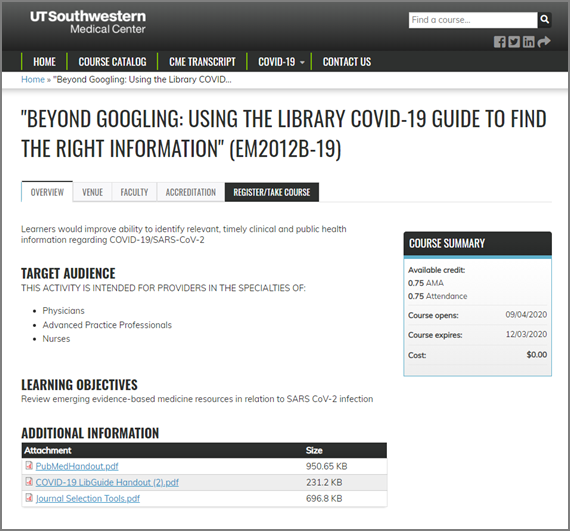


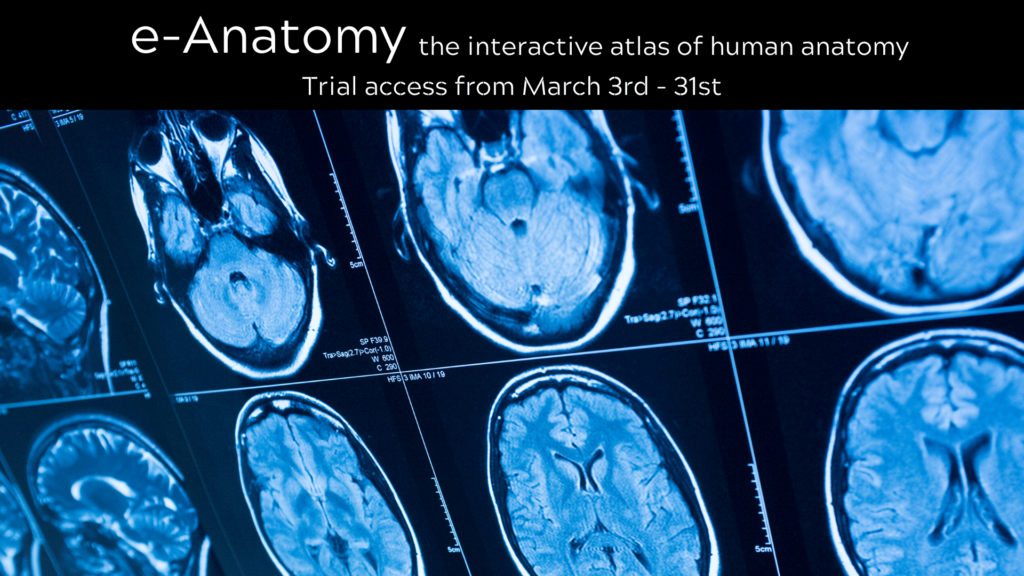
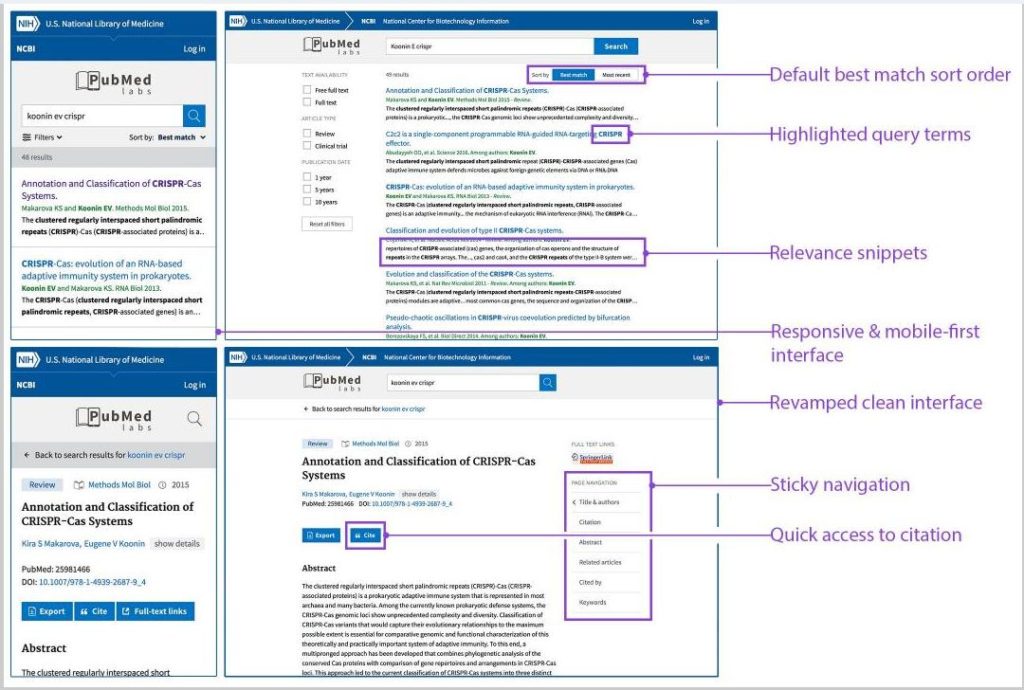
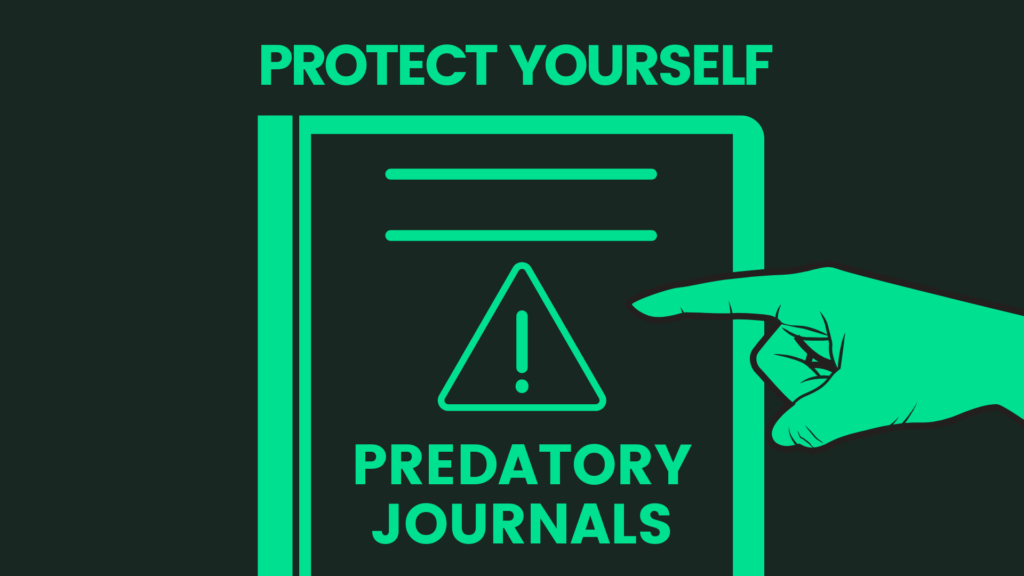


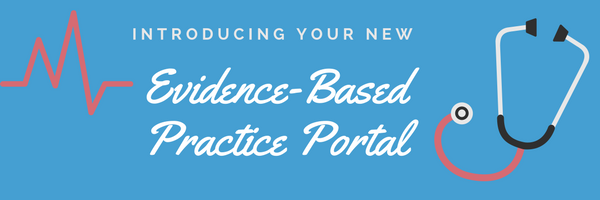 Where do I look for the best evidence to answer a clinical question?
Where do I look for the best evidence to answer a clinical question?  Attend any or all of the “Key Classes” of our most frequently requested topics! Classes are free, hands-on, and open to all faculty, students, clinicians, and staff of UT Southwestern Medical Center and the University Hospitals. Don’t delay: register now in
Attend any or all of the “Key Classes” of our most frequently requested topics! Classes are free, hands-on, and open to all faculty, students, clinicians, and staff of UT Southwestern Medical Center and the University Hospitals. Don’t delay: register now in 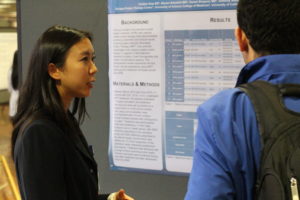 Posters presented at the 55th Annual UT Southwestern Medical Student Research Forum are now available through the UT Southwestern Institutional Repository’s
Posters presented at the 55th Annual UT Southwestern Medical Student Research Forum are now available through the UT Southwestern Institutional Repository’s